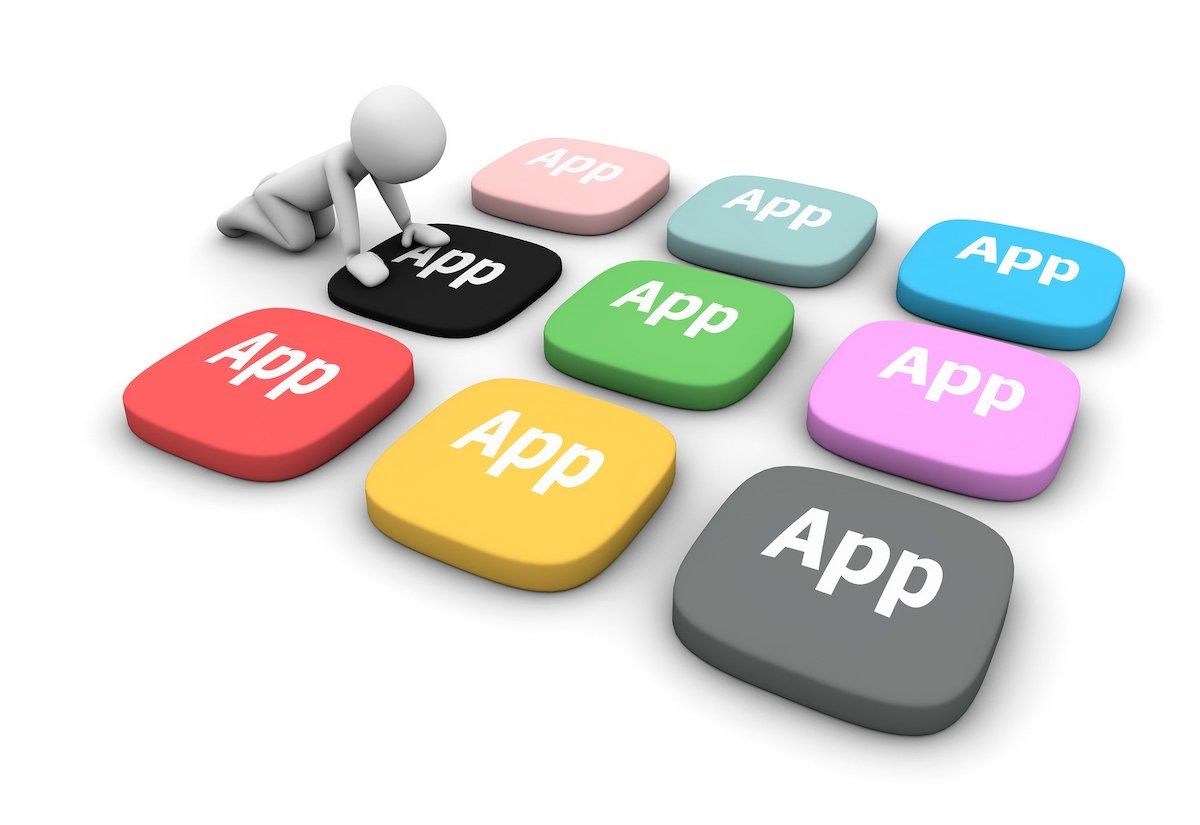
What Is A Mobile App | The Basics Before You Approach A Developer
Sep, 1 2020·3 min readIn January 2020, statistics showed that 34,93 million of the 36,54 million internet users in South Africa, were mobile internet users. Mobile applications have transformed the way the world operates. Do you want to order food, book a cleaning service, do your banking, or communicate with people on the other side of the world? Just pop onto your iStore or Google App Store and download an app for that.
There are 2,2 million apps on iStore and 2,8 million apps on the Google App Store available for download. Moreover, it is said that 21% of Millenials open an app about 50 times a day.
Mobile apps can be beneficial for your business, but it does come with a hefty price. Luckily we have a solution for you, but before we get into that, let’s first look at the basics.
What Is a Mobile Application?
A mobile application commonly referred to as a mobile app is an application software designed to run on mobile devices. Mobile apps are a move away from the integrated software designed for computers, to give users isolated functionality.
Mobile App Technologies
Native Apps
A native app is application software that is specifically developed for a single mobile operating system, hence the name. The two mobile operating systems that most phones run on are iOS and Andriod. So an app that was built to run natively on iOS will not be run on Andriod and vice versa.
Advantage: Native apps provide a better performance and excellent user interface (how the user and system interacts).
Disadvantage: Native apps are more costly to be built and maintain as each mobile operating system would require a team.
Web Apps
Web apps are written in HTML, Javascript, or CSS ( computer languages used to create web pages). Web Apps are similar to Native apps, but unlike native apps, they run on a browser and redirects the users to a specific web page.
Advantage: It is a lot easier and cheaper to build.
Disadvantage: It relies on a good internet connection.
Progressive Web App
Progressive web apps give you the best of native and web apps. Progressive web apps are built with the latest API (application programming interface) and offer native-like capabilities.
Advantage: Progressive web apps do not have many installation limitations.
Disadvantage: It doesn’t have the full capabilities of a native app.
Building a mobile app
Once you have decided which technology will best fit the capabilities that you are looking for on your app, you need to decide on who will be responsible for building the app.
You can choose from three options:
-
Hiring a freelancer:
This is by far the cheapest option from all the available options. This option might also be the best option for a quicker process as all decisions and communications are run through an individual. However, collaboration with an individual has disadvantages. You will be relying on expertise and skills from a single source and it is difficult to source out the ‘perfect’ developer.
-
Building an in-house team:
This option will give you full control over the developers, but it comes with a very high price tag as it involves more costs than just the developer’s salaries. Hiring the correctly skilled team members will also add on to your timeline and could delay the project completion date.
-
Outsourcing a software developing company:
There are many software developing companies out there that come with more and readily available skills and expertise. This option gives you the best quality at the best costs.
Mobile apps are becoming a popular way to boost customer engagement. It is also a good way to ensure a mobile presence that will give customers the best possible experience.

Get latest updates and offers.
Information
hello@waitr.co.za
+27 71 554 4918
Suite U8, Enterprise Building
The Innovation Hub, Lynnwood
Pretoria, 0087